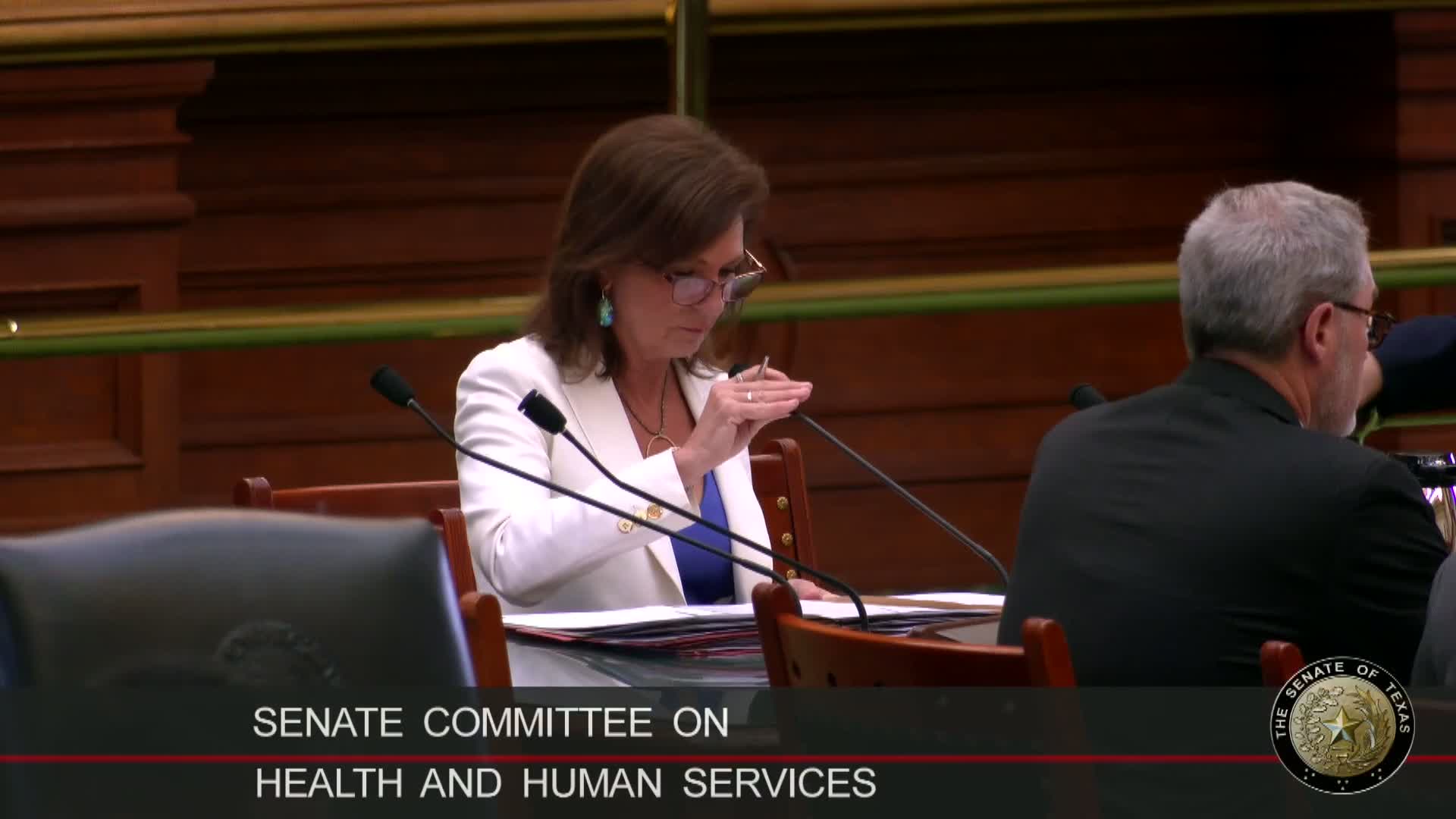Article not found
This article is no longer available. But don't worry—we've gathered other articles that discuss the same topic.
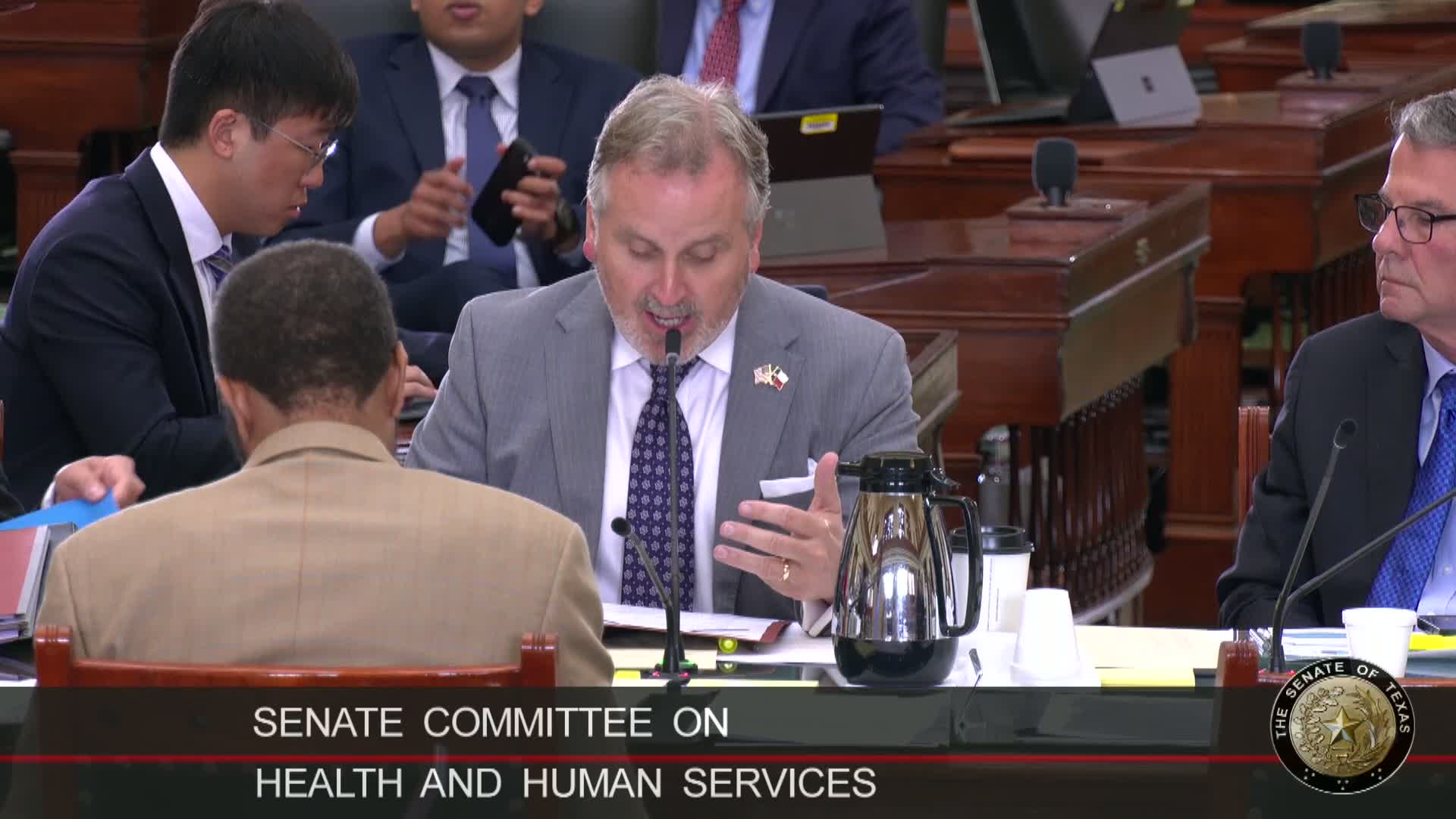
Senate bill would bar vision plans from cutting provider pay below 95% of Medicaid rate, sponsors say
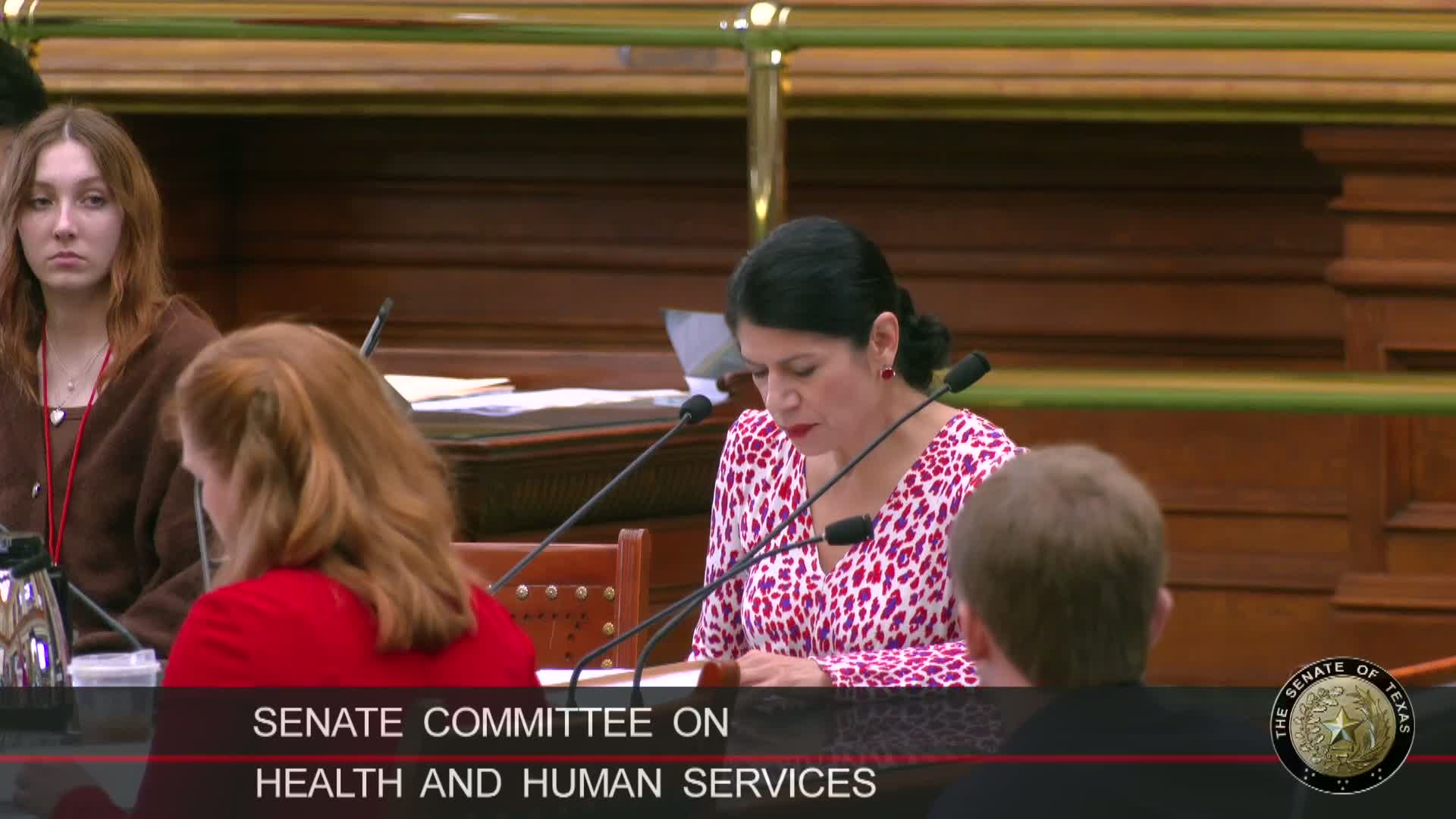
Panel backs expanding Medicaid coverage for lactation consultants; bill left pending
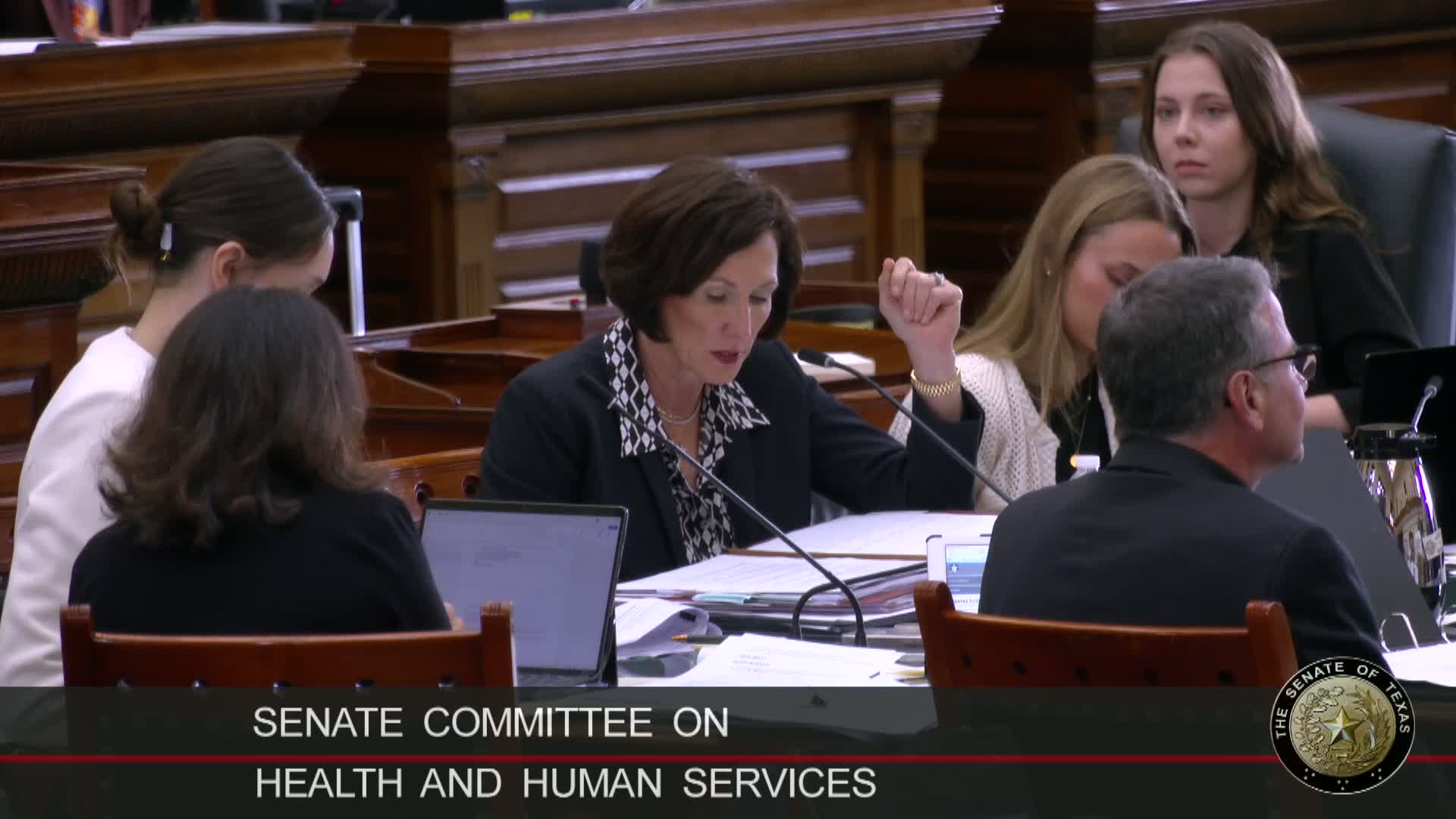
Committee hears bill to allow medical nutrition counseling as an in‑lieu‑of Medicaid managed‑care service
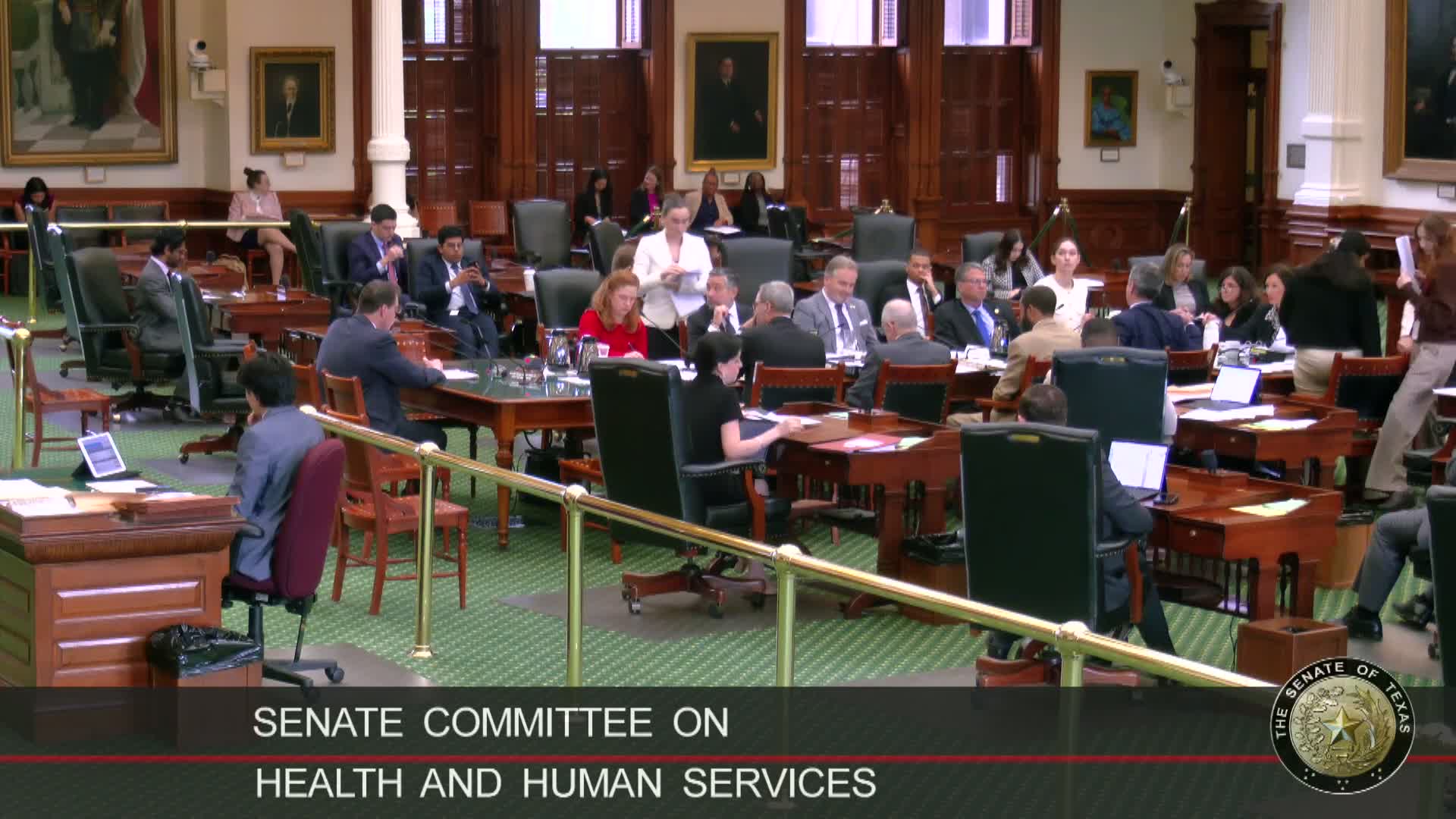
Committee debates shifting arbitration costs in out‑of‑network payment disputes
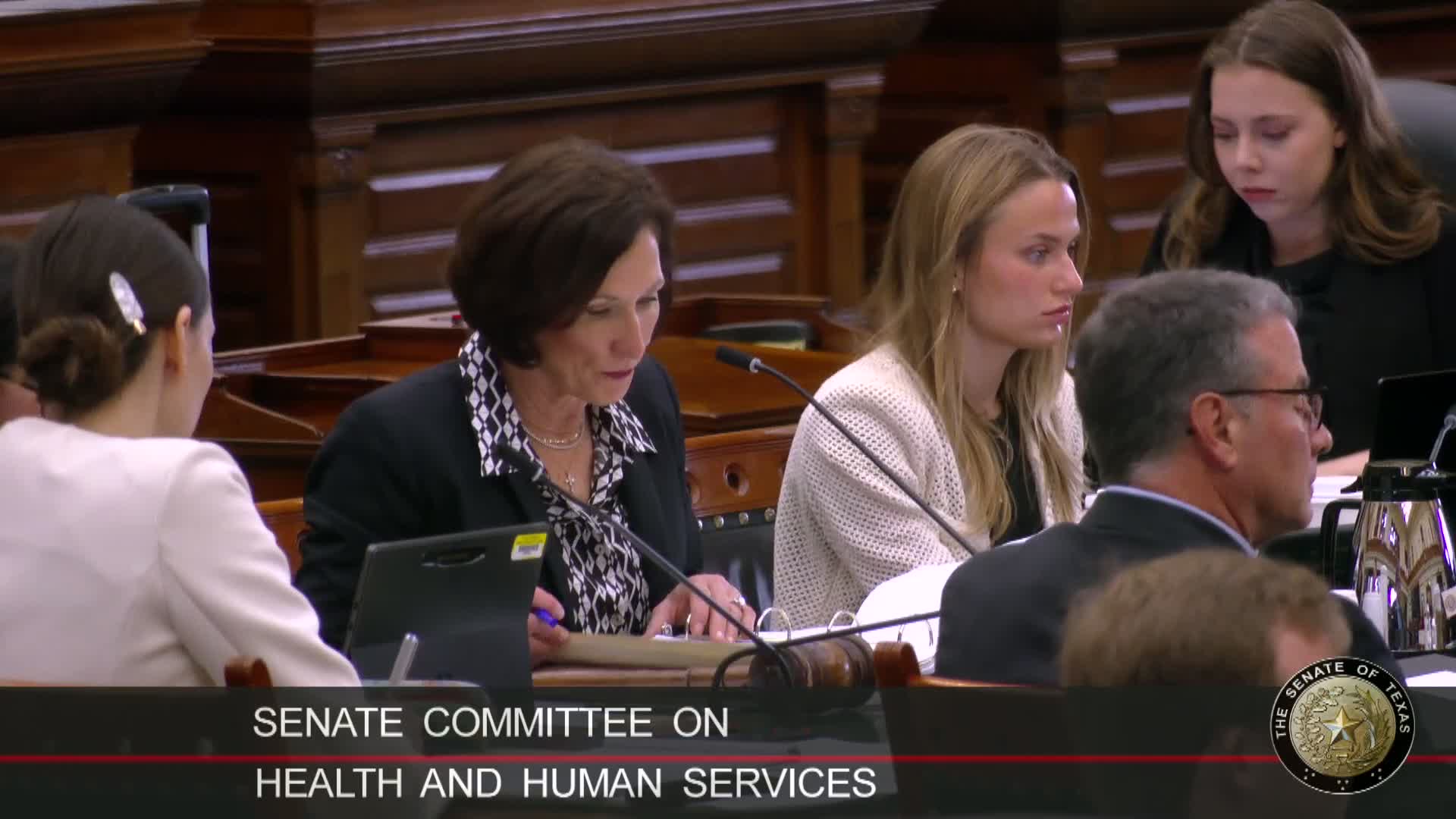
Senate committee hears emotional testimony on bill to train providers and caseworkers on medical child abuse
